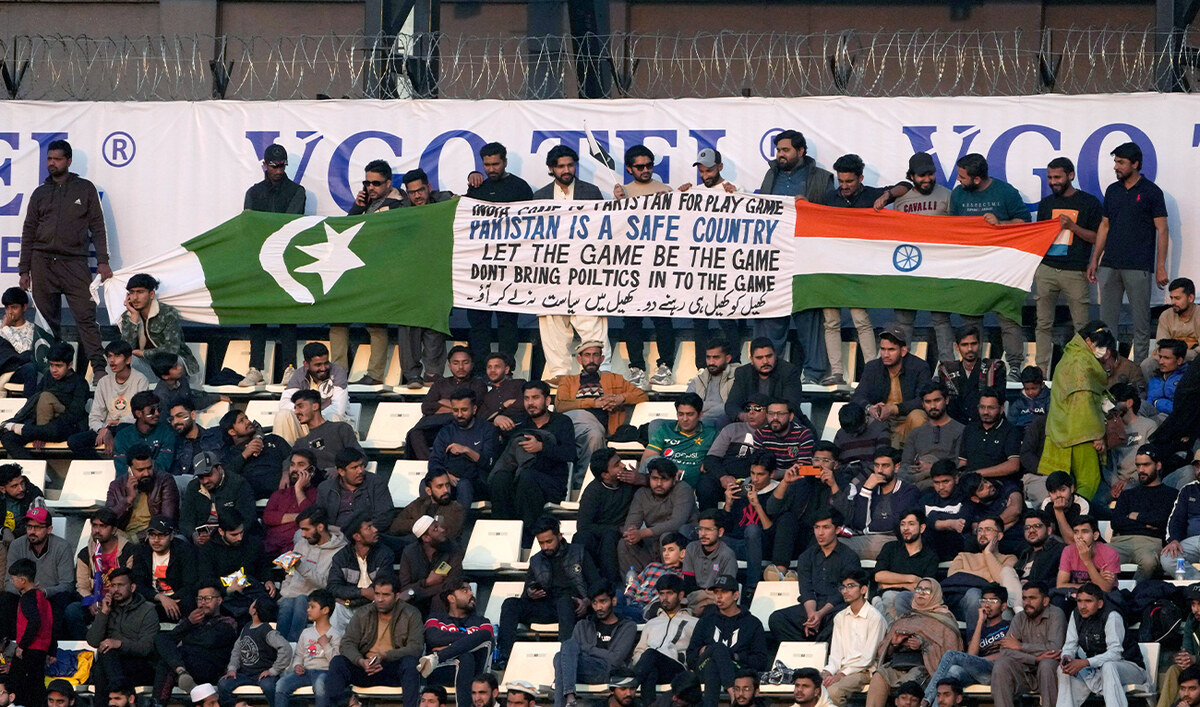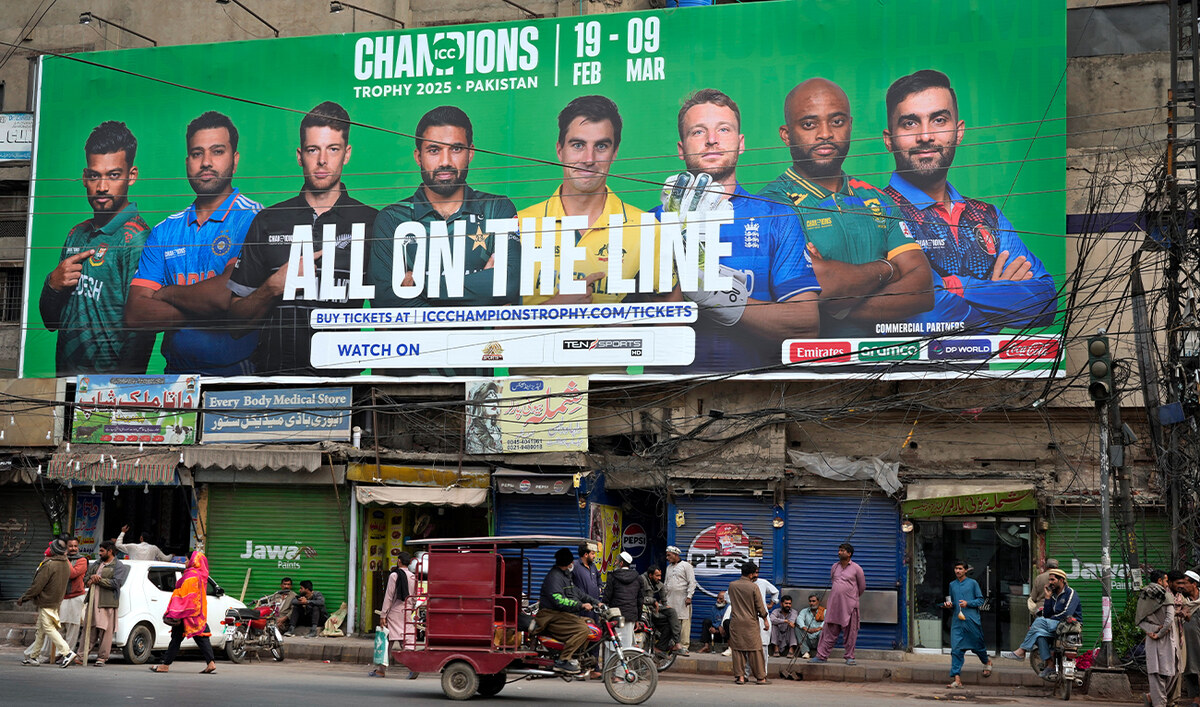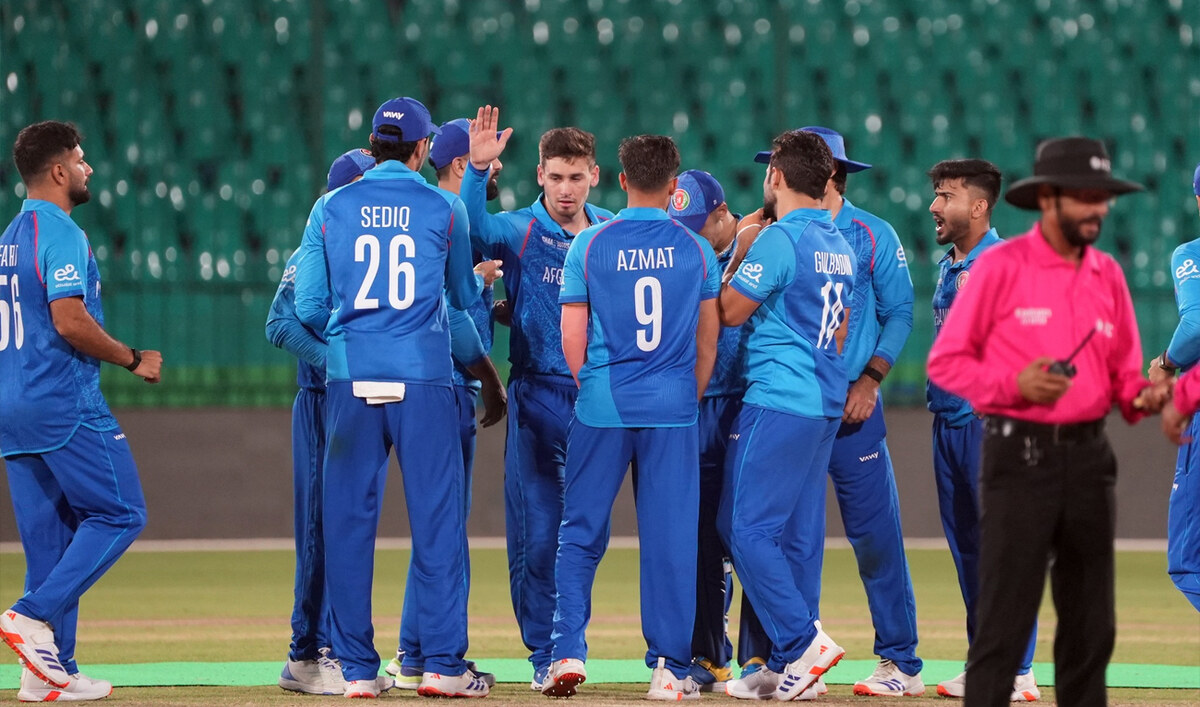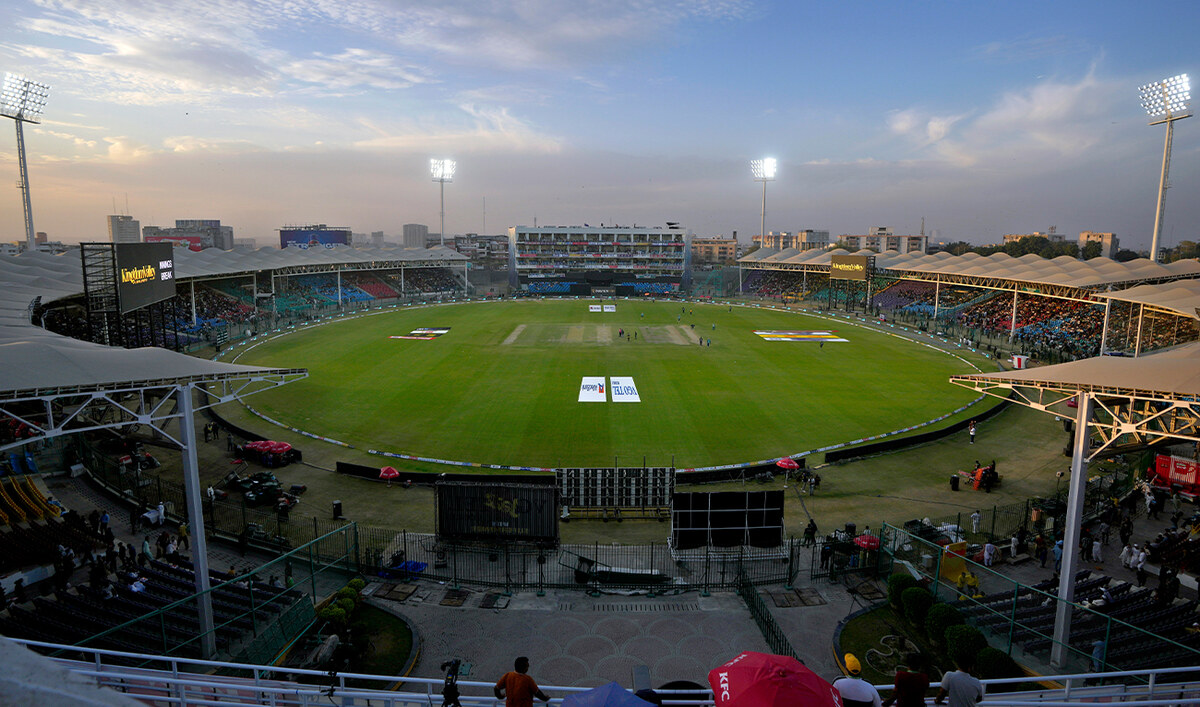ISLAMABAD: Tahir Mehmood Ashrafi, the Pakistan Ulema Council (PUC) chairman and patron-in-chief of the Hajj Organizers Association of Pakistan (HOAP), on Thursday urged Pakistani pilgrims not to engage in political activities during the Hajj pilgrimage as he unveiled a comprehensive code of conduct for Pakistanis, who would be performing Hajj through private operators.
Ashrafi emphasized the importance of booking Hajj journeys only through authorized operators and cautioned intending pilgrims against fraudulent groups active on social media platforms, according to the PUC, an umbrella group of religious scholars and organizations.
He discouraged pilgrims from engaging in “disruptive behavior,” such as taking selfies and videos during Hajj rituals, which could cause inconvenience to fellow pilgrims, stressing the need to focus on religious duties and maintaining decorum for a seamless pilgrimage.
“Ashrafi urged pilgrims to refrain from engaging in political activities during the Hajj season, particularly at Haramain Sharifain and other sacred sites in Saudi Arabia,” the PUC said in a statement.
“He underscored that such actions are not only contrary to Islamic teachings and Shariah but also reflect poorly on Pakistan in the international community.”
In 2022, the Madinah police had arrested at least five Pakistani nationals for “abusing and insulting” then Pakistani information minister Marriyum Aurangzeb and minister for narcotics control Shahzain Bugti at the Prophet’s Mosque in the city.
Videos shared online showed some individuals chanting slogans as the ministers, who were part of Prime Minister Shehbaz Sharif’s delegation, visited the Prophet’s Mosque. In Pakistan, police had also registered cases against former prime minister Imran Khan and members of his party for sloganeering against the Pakistani delegation under a “planned-out scheme and conspiracy.”
The code of conduct, grounded in the Holy Qur’an and the Hadiths of the Prophet Muhammad (Peace Be Upon Him), underscores the necessity of undertaking Hajj with halal wealth, refraining from disputes, and embodying dignity and humility throughout the pilgrimage, according to the PUC.
It highlights the sacredness of the Hajj period and the significance of sincere intention solely for the pleasure of Allah.
“Hajj without official permission is strictly prohibited according to Islamic principles and the law of the land,” Ashrafi said, urging Pakistanis in Saudi Arabia to refrain from unauthorized pilgrimage.
“Individuals caught without proper authorization would face consequences, potentially tarnishing the reputation of the country.”
The PUC urged pilgrims to acquire comprehensive knowledge of the rituals and seek guidance when needed.
“They must adhere to the guidelines set by the Ministry of Religious Affairs and Interfaith Harmony and appointed leaders of Hajj and Umrah groups, prioritizing obedience to Allah and His commandments,” it said.
“Patience is emphasized in facing challenges, be it delays at airports or congestion on roads.”
The PUC said the code of conduct was aimed at ensuring a “spiritually enriching and harmonious” pilgrimage, rooted in devotion, humility, and obedience to Allah’s commandments.
Hajj is an annual Islamic pilgrimage that has been in practice for over 1,400 years. It is one of the five pillars of Islam, and requires every adult Muslim to undertake the journey to the holy Islamic sites in Makkah at least once in their lifetime, if they are financially and physically able.
Pakistan has a Hajj quota of 179,210 pilgrims this year. Of them, 63,805 pilgrims will be performing the pilgrimage under the government scheme, while the rest would be accommodated by private tour operators, according to the Pakistani religious affairs ministry. The South Asian country is set to start its Hajj flight operation on May 9, which would conclude on June 9.
This year’s pilgrimage is expected to run from June 14 till June 19.
In Hajj code of conduct, Pakistan Ulema Council urges pilgrims not to engage in political activities
https://arab.news/ru8mu
In Hajj code of conduct, Pakistan Ulema Council urges pilgrims not to engage in political activities

- The code of conduct highlights sacredness of the Hajj period, aims to ensure hassle-free experience
- PUC Chairman Tahir Ashrafi advises Pakistanis in the Kingdom against unauthorized Hajj pilgrimage






















